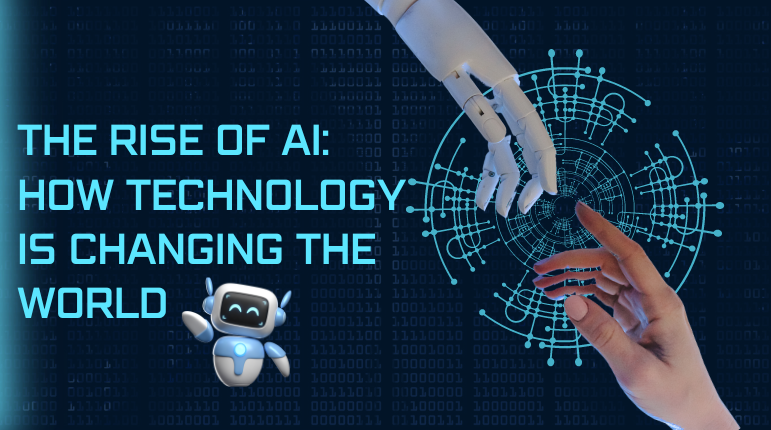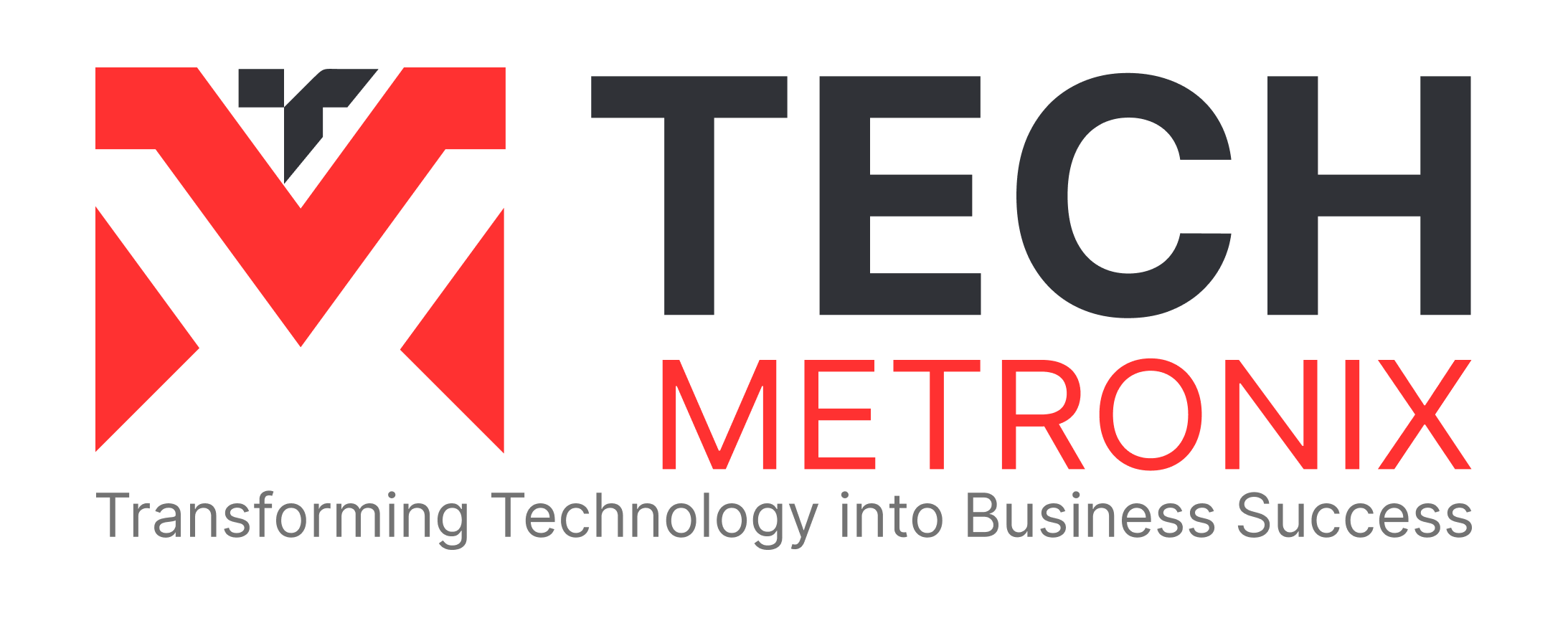Artificial intelligence (AI) has become a common term in our daily life. AI is quietly operating behind the scenes from the minute you unlock your smartphone using facial recognition to the personalized recommendations on your favorite streaming service. But its significance extends well beyond basic convenience. AI is significantly changing the world around us, revolutionizing industries, driving advances in science, and forcing us to reconsider what it means to be human.
At its core, artificial intelligence refers to automated machines’ ability to simulate human mental skills such as learning and problem solving. This is accomplished using a variety of techniques, most notably machine learning (ML), in which algorithms improve their performance through data analysis. Deep learning, a subset of machine learning inspired by the structure of the human brain, enables AI to analyze complicated information with high accuracy.
The impact of AI is already being felt across a variety of sectors:
-
Revolutionizing Healthcare: Artificial intelligence is being used to analyze medical images for early disease identification, forecast patient outcomes, and even aid in surgery with robotic precision. Imagine AI-powered systems sifting through massive datasets to detect small patterns in X-rays, potentially leading to earlier cancer diagnoses.
-
Transforming Transportation: Self-driving cars, once a distant dream, are now a reality thanks to AI developments. These self-driving cars have the potential to transform transportation by enhancing safety and efficiency on our roadways. AI is also improving traffic flow in cities, which reduces traffic and chemicals.
-
Boosting Business Efficiency: Businesses are using AI to improve customer service, data analysis, and fraud detection. AI-powered chatbots can efficiently respond to consumer queries, while AI-powered analytics may reveal hidden patterns in large datasets, resulting in better decision-making.
-
Fueling Scientific Discovery: AI is boosting scientific progress by analyzing big data sets and detecting patterns that human researchers would miss. In domains like as astronomy and genetics, artificial intelligence is assisting us in discovering the secrets of the universe and the human body.
However, the rise of AI also presents challenges that demand our attention:
-
The Job Market: AI automation is a source of concern, as it has the potential to make some employment obsolete. However, AI is also generating new opportunities, demanding a shift in skill sets to operate alongside intelligent computers.
-
Ethical Considerations: As AI systems get more sophisticated, concerns about bias and fairness grow. We must ensure that AI is created and used in a responsible and ethical manner, without discrimination or bias.
-
The Control Factor: Concerns about control grow alongside AI capabilities. Who will be held responsible for the decisions made by AI systems? How can we ensure that AI continues to be a positive force rather than a threat?
The future of AI holds immense potential. To navigate this new landscape, open dialogue and collaboration are crucial. Governments, businesses, and individuals all have a role to play in shaping the responsible development and deployment of AI.
Here are some key areas for focus:
-
Education and Training: Equipping ourselves with the skills to work alongside AI is essential. Educational systems need to adapt to prepare future generations for an AI-powered world.
-
Transparency and Explainability: Creating AI systems with clear decision-making processes is crucial for establishing confidence and ensuring ethical use.
-
Global Collaboration: The challenges and opportunities presented by AI are global in scope. International collaboration on research, development, and regulations is necessary to ensure responsible and inclusive progress.
In conclusion, AI is not a distant future; it is a current reality. As we embrace this transformative technology, we must be aware of its possible drawbacks and actively work toward an AI future that benefits all of humanity. By encouraging open discussion, stressing the importance of ethics, and investing in education, we can guarantee that AI stays a powerful instrument for development rather than a source of fear. The rise of artificial intelligence is not just transforming the world; it is also an invitation to work together to create a better future.

